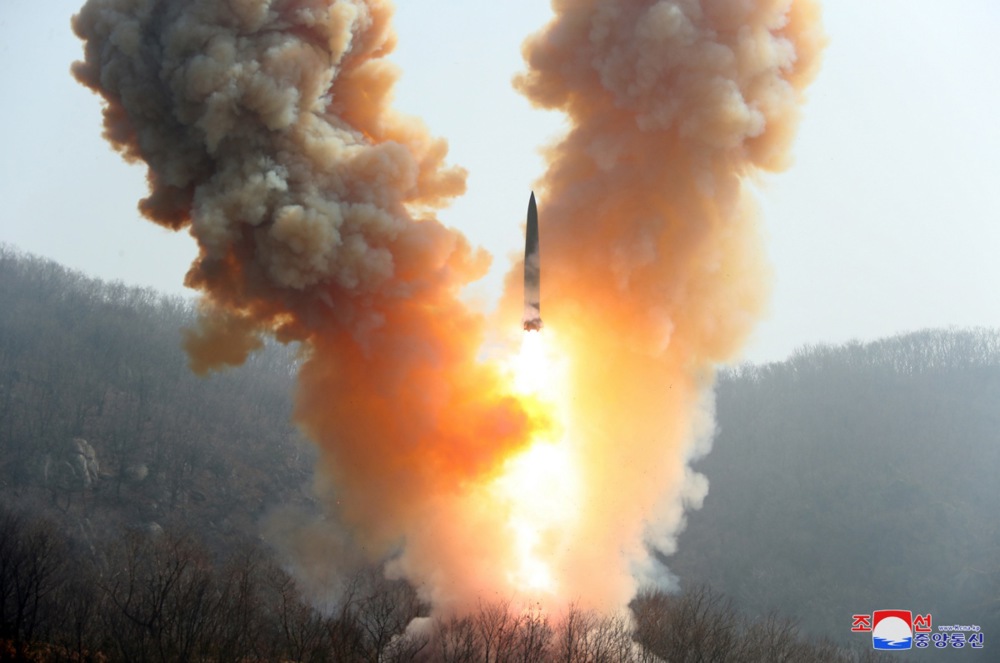Members of the European Committee of the Regions have called on the European Commission to review its 2025 climate targets, warning that these goals are currently “impossible to achieve”.
Adopted on 8 October, the document ‘A just transition for all EU regions’ led by European Conservatives and Reformist group head in the committee, Marco Marsilio, urged the commission to reconsider the 2025 climate neutrality goals, particularly for the EU’s struggling automotive sector.
“The automotive sector in Italy and in Europe is going through a period of crisis. This is evidenced, among other things, by the closure of plants by major German car manufacturers. With this vote, we are sending a clear message to the European Commission: yes to the transition to a sustainable economy, but it must be done taking into account regional specificities and economic needs,” explains Marsilio.
ECR won the support of EPP and Renew for the amendment proposed by the conservatives.
“Even the socialists didn’t oppose it, it’s an absolute achievement,” a source within the party told Brussels Signal.
This amendment notes that “a number of production and market challenges could make it difficult for European car manufacturers to meet the stricter CO2 emission targets for their fleets that will come into force in 2025”.
They point out that 2025 is a target that is too close and impossible to achieve for several reasons, mainly technological.
“The European Commission is urged to consider a more gradual approach and to examine the possibility of an early revision of the relevant legislation, still in 2025, to give European car manufacturers sufficient time to adapt,” the amendment states.
It is suggested that part of the crisis is the lack of adequate investment.
“If the energy transition is not backed by sufficient investment and is not properly governed, there may be considerable risks to the competitiveness and resilience of European economies,” says the rapporteur.

It also highlights the problems faced by “vulnerable regions.”
“Not all territories start from the same base and have different strengths and vulnerabilities, which requires specific measures to support the most affected regions,” they explain.
Furthermore, the document warns about the impact of the war in Ukraine and the current geopolitical crises, which have drastically changed the context of the energy transition proposed by the von der Leyen commission in the last legislature.
It is mentioned that the Russian invasion has highlighted the need to “increase the EU’s energy independence”, although this has weakened Europe’s industrial competitiveness.
“This vote is the voice of Europe’s regions calling for a strong and decisive change of course,” concludes President Marsilio.
Citing budget restraints, the German government will spend €2.4bn less on subsidies for installing heat pumps next year — a controversial and costly cornerstone of Germany’s transition to an emission-free future. https://t.co/Z2dBubk6wE
— Brussels Signal (@brusselssignal) August 20, 2024





